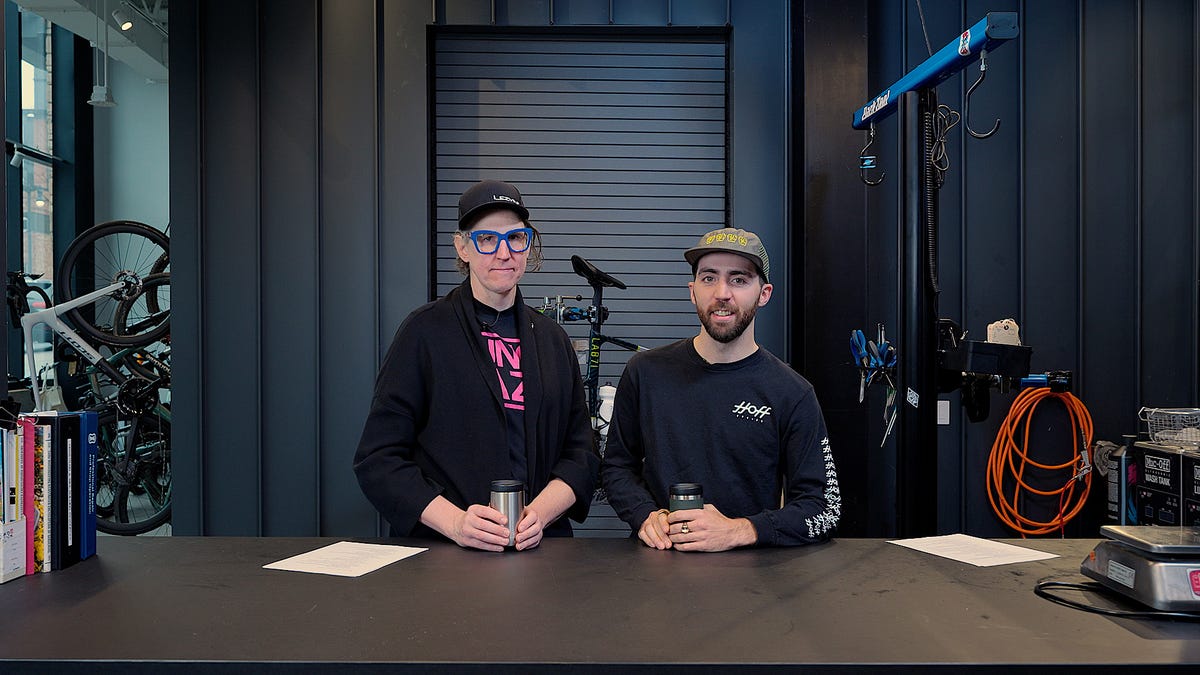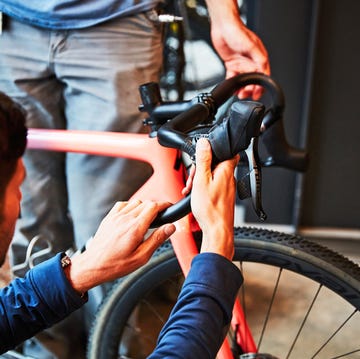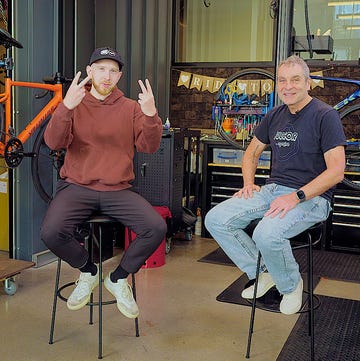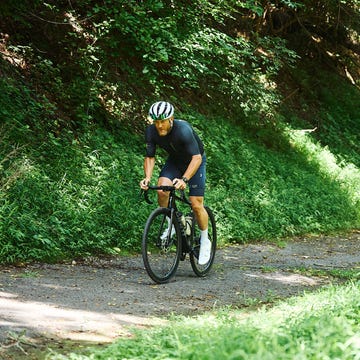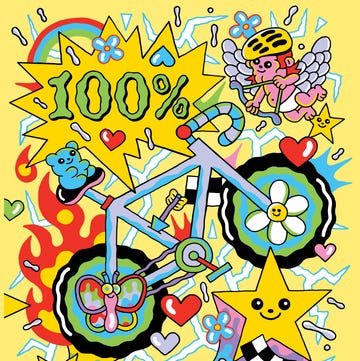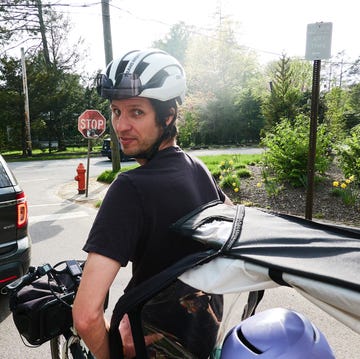Buying used has always been a reliable way to score a deal on a new-to-you bike, a set of wheels, or any bike-related gear. Historically, this meant heading to your area swap meet to scour the tables and make purchases in cash. But these days, buying used means looking around places like Facebook Marketplace and other online forums.
When buying anything from strangers on the internet, getting scammed should be something you think about, but it shouldn’t stop you. That’s because there is a very simple thing you can do to protect yourself from the vast majority of online scams: use PayPal and always mark your online transactions with anyone you don’t know as goods and services.
Marking these transactions as goods and services activates PayPal buyer protection. This protection gives you 180 days from the date of payment to dispute the transaction if the item does not arrive or is not as described. PayPal does take 3.49% of the total transaction plus a 49-cent fee from the funds being sent for this protection, meaning that if a seller asks for $200 for an item, they will receive $192.53. You will often see sellers on Facebook Marketplace or Online Swap Meet Groups explicitly saying that a buyer needs to cover these fees. For the $200 example, a buyer must send $207.74 to cover these fees.
The extra few bucks are well worth the peace of mind that if something is wrong with my purchase, I can get my money back. If you are looking to figure out how much to send exactly to cover the PayPal fee, you can use this calculator.
If you ever come across a listing that explicitly says they will only accept PayPal if you send the funds using the “friends and family” option. Do not buy from this person. While it may not be an outright scam, at best, this person doesn’t want to deal with your concerns as a buyer, or they know that their description of the item is not as honest as it should be. At worst, it’s definitely a scam.
If you read this whole story and say, “Hey, that buyer protection thing PayPal is doing sounds a lot like a credit card chargeback…” You’re right; that’s essentially what it is. It’s a way to protect your purchases when buying from folks who don’t usually take credit cards. You can even double up on this buy using PayPal with a credit card, giving yourself a second level of protection.
Test Editor Dan Chabanov got his start in cycling as a New York City bike messenger but quickly found his way into road and cyclocross racing, competing in professional cyclocross races from 2009 to 2019 and winning a Master’s National Championship title in 2018. Prior to joining Bicycling in 2021, Dan worked as part of the race organization for the Red Hook Crit, as a coach with EnduranceWERX, as well as a freelance writer and photographer.


